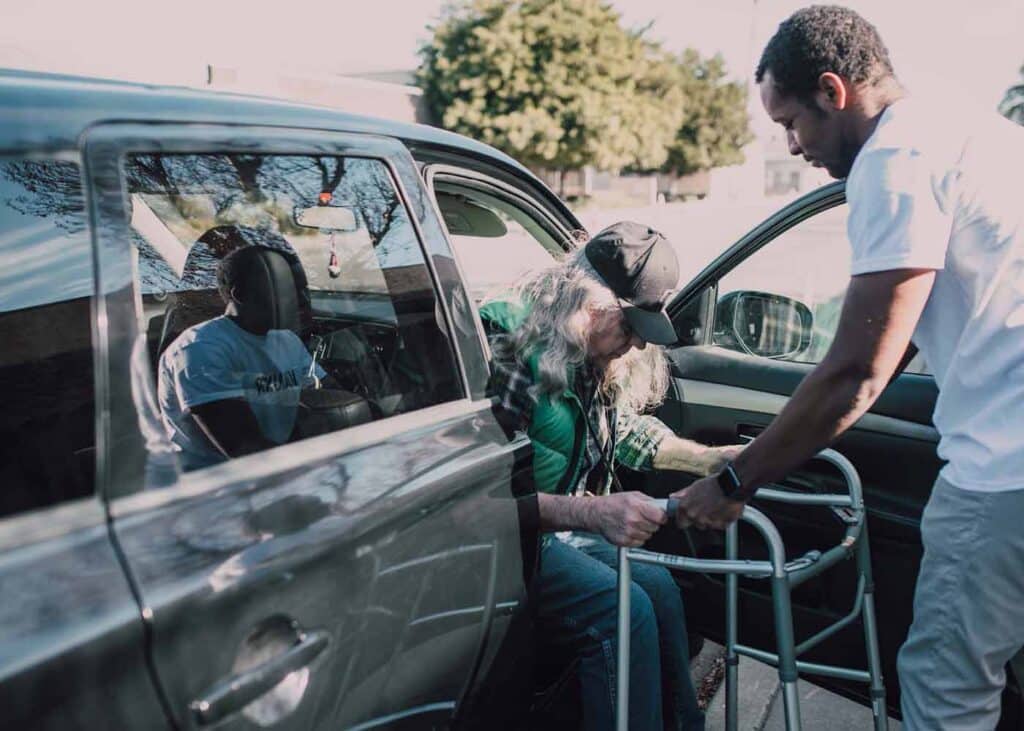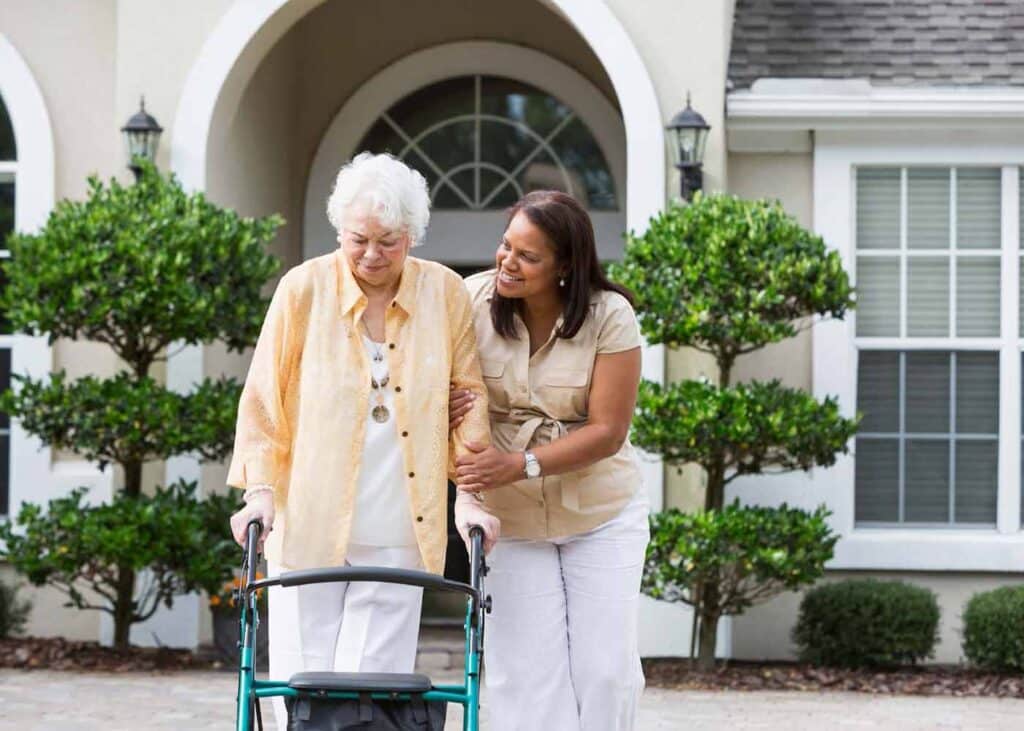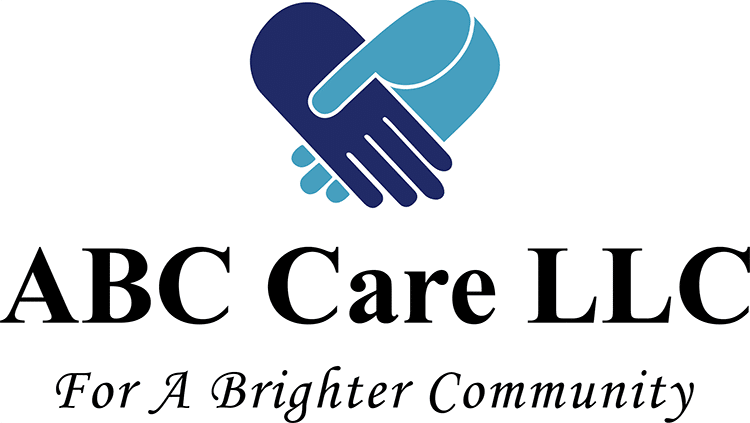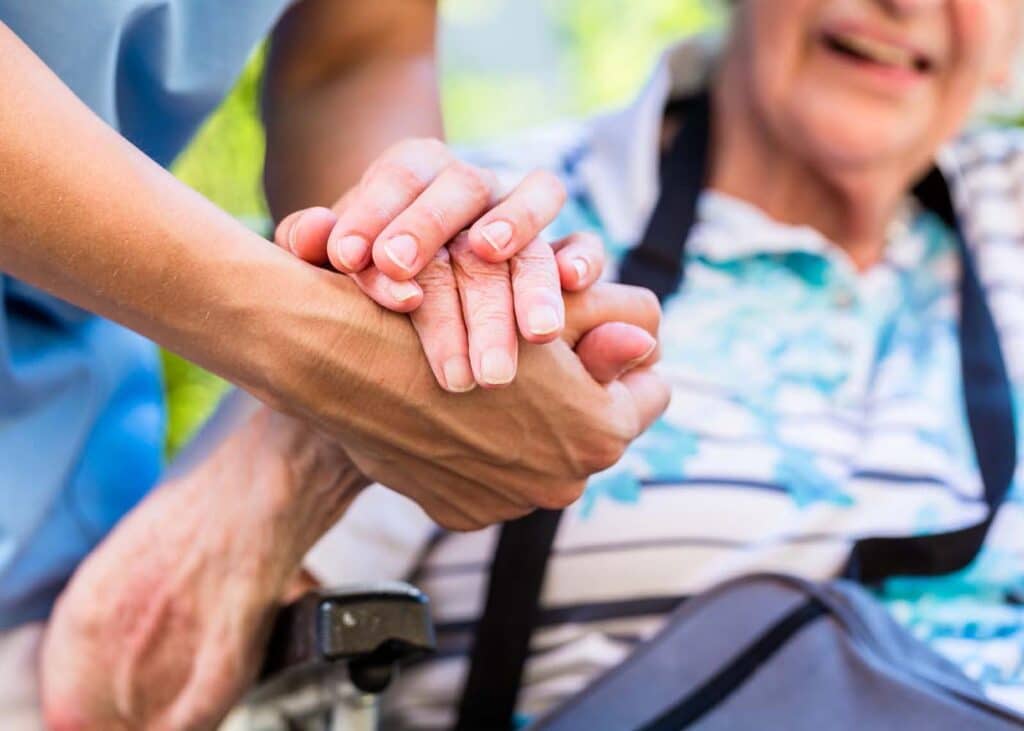Practical Skills to Enhance Caregiving Quality
Providing compassionate and effective care requires more than just a desire to help—it takes a special set of skills to ensure that individuals receive the best support possible. Whether you’re a family caregiver or a professional in the field, mastering these essential skills can make all the difference.
1. Compassion & Empathy
Caregiving is built on kindness and understanding. Being able to put yourself in someone else’s shoes and offer genuine support makes all the difference in their well-being.
2. Patience
Every client has unique needs and may require extra time and attention. Patience allows caregivers to provide care without frustration, ensuring a stress-free environment for those they assist.
3. Effective Communication
Clear communication is vital when interacting with clients, family members, and healthcare professionals. Active listening and the ability to explain things in a simple and reassuring manner are key.
4. Physical Stamina & Strength
Caregivers often assist with mobility, transfers, and physical activities. Maintaining good physical health helps prevent injury and ensures safe, effective support.

5. Time Management
Balancing multiple responsibilities—from administering medications to preparing meals—requires excellent time management to ensure all tasks are completed efficiently.
6. Problem-Solving Skills
Unexpected challenges can arise at any time. Whether it’s handling a medical emergency or adjusting a care plan, caregivers must think quickly and adapt to changing situations.
7. Attentiveness & Observation
Noticing small changes in a client’s behavior, mood, or physical health can make a significant impact on their well-being. Being observant allows caregivers to address concerns before they become major issues.
8. Basic Medical Knowledge
While caregivers are not doctors, understanding basic first aid, recognizing signs of distress, and following medication schedules are crucial for ensuring a client’s health and safety.
9. Emotional Resilience
Caregiving can be emotionally demanding. Developing resilience and finding ways to manage stress helps caregivers maintain their well-being while continuing to provide excellent care.

10. Flexibility & Adaptability
Every day as a caregiver can be different. Being flexible and open to change ensures that clients receive the personalized care they need, no matter the circumstances.
____________________________
Great caregivers combine skill, dedication, and heart to make a real difference in the lives of those they serve. By developing these essential skills, you can provide the highest level of care and create a positive impact every day. Are you interested in becoming a caregiver? Join our team today and start making a difference!
Apply Now Contact Us



